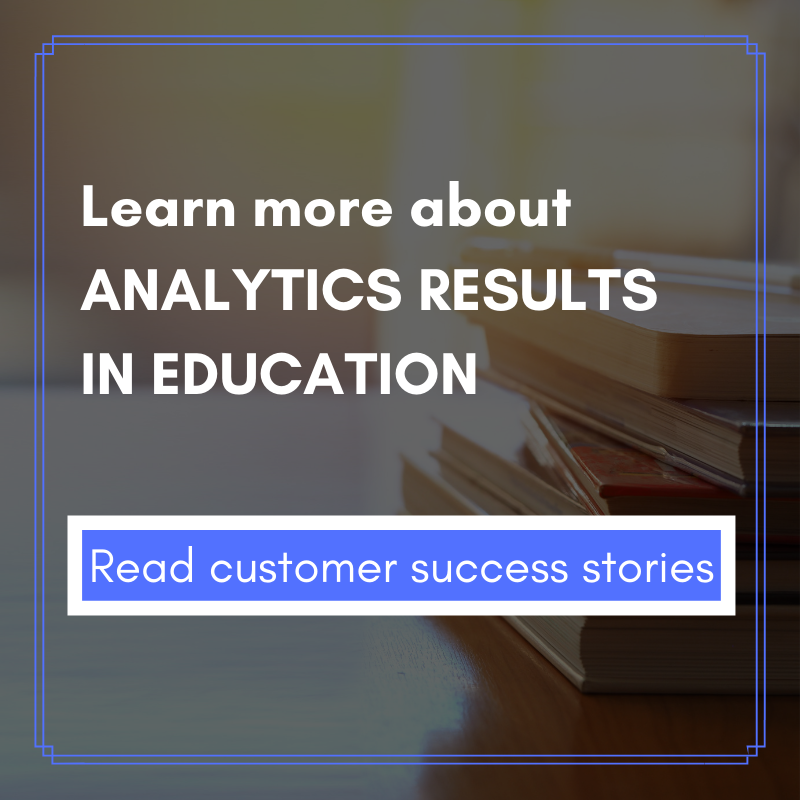With the wealth of data available to colleges and universities about current students, it can be easy to forget that there is just as much information about former students. And in a social media-connected world, it’s easy to continue gathering data on alumni about everything from what they are doing for work to how often they are giving to the university.
For many higher education institutions, fundraising from former students is the most common way of keeping track of alumni. But there are many opportunities to use data to track alumni engagement and increase efficiency in the advancement office. Let’s examine how.
Figure out a focus
A first step in using data in advancement is to get clear definitions on key points. Schools looking for engagement scores first need to determine what they mean by engagement. Is it enough that a former student is giving money to the school? Or does engagement go beyond fundraising to someone coming back to campus to be a guest speaker or a mentor to a current student? Maybe the alum lives far away but participates in regional activities.
Once that part is figured out, a school needs to know what its goal is. Does the institution want to simply see if its current strategies are effective, or is it looking to grow new programs? It could be that resources are limited and the school needs to better allocate the resources it has.
Gathering information
 A data plan is important too. Schools that are working with the data they already have must figure out which information they need and where it is kept, which can be a challenge depending on how the school stores the information. Some schools are constantly gathering information from alumni when they attend events, for example. In those cases, they need to make sure they are asking the right questions to get the information they need.
A data plan is important too. Schools that are working with the data they already have must figure out which information they need and where it is kept, which can be a challenge depending on how the school stores the information. Some schools are constantly gathering information from alumni when they attend events, for example. In those cases, they need to make sure they are asking the right questions to get the information they need.
It’s important for an alumni relations office to have buy-in from other areas of the school as well. They are usually working with data that is connected to other walks of school life, and they need to work together to best use the data. It’s also important to be flexible and willing to adapt, because if it becomes clear while looking at the results from the data that a school is on the wrong track or some other adjustment needs to be made, the data will be worthless without that change.
Look at the results
The most successful instances of data usage among alumni relations offices are the ones where someone is dedicated to the task of looking at the data that has been gathered. Often people who work in alumni relations have great people skills or are good event organizers. Having someone with an analytic mindset can help an institution figure out which events are most successful and getting the most engagement out of alumni. And while positive survey results might help a school decide who is likely to make a donation after a particularly fun event, the negative survey results often merit just as much of a look. Those comments give some guidance into how an event could go better next time, but they could lead to a further interaction with the alum that might give deeper insight into an upsetting issue that could be corrected.
Of course, not every college event is created equal. The data might show that certain events draw better than others, or alumni are more likely to make a donation after attending one gathering over another. But there’s something to be said for tradition, and it’s important to take that into consideration even if the data tells you otherwise. An event that’s an annual favorite but isn’t well-attended might not be worth keeping on the calendar if you looked only at the numbers. However, if it keeps the alumni happy, that’s another data point that’s worth considering.
Related articles
- How Higher Ed Gathers Student Data with Wearable Tech and Location Tracking
- The Role of Data Quality in Higher Education Analytics
- How Colleges and Universities use Surveys to Gather Student Data
- Summer is an Opportunity for Digital Transformation in Education - April 17, 2024
- Your Car is Tracking More than Miles per Hour - April 11, 2024
- Data Can Help Provide Equal Footing in Cannabis Space - April 3, 2024




